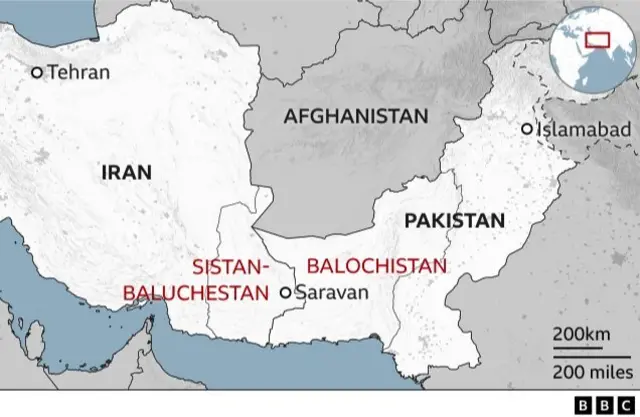On May 14, 2025, Baloch leaders formally declared the independence of Balochistan from Pakistan, marking a significant move in the region’s long-standing struggle for autonomy. The declaration, led by the Free Balochistan Movement, has garnered widespread attention, with the phrase “Republic of Balochistan announced” trending on social media.
Mir Yar Baloch, a known writer and advocate for Baloch rights, issued the declaration through a series of posts on platform X. He also urged the Indian government to allow a Baloch embassy in New Delhi and called on the United Nations to send peacekeeping forces to Balochistan while asking the Pakistani army to withdraw from the region.
The Baloch people have long been struggling under the oppression of the Pakistani state, which has, over time, jailed many Baloch leaders. A number of them have fled the country but continue their movement from overseas; however, the local Baloch people continue to fight for their rights on the ground.
Repression of Balochistan
Balochistan is a strategically significant region located in the southwestern part of Pakistan, bordering Iran and Afghanistan. It is extremely rich in natural resources, including gas, coal, and minerals, yet remains one of the most underdeveloped and marginalized provinces in the country. Despite its vast resources, Balochistan remains poor and undeveloped, while its resources are carted away to other regions. This has incensed locals who have been protesting for the rights of the local populace.
The roots of Balochistan’s quest for independence trace back to 1948 when Pakistan forcibly annexed the region, leading to a sense of betrayal among the Baloch people. Over the decades, multiple insurgencies have erupted, fueled by grievances over political marginalization, economic exploitation, and cultural suppression. The Baloch perceive their treatment as a form of internal colonialism, with their resources extracted for the benefit of other regions, particularly Pakistani Punjab.
The Pakistani state has employed various tactics to suppress the Baloch independence movement. These include:
Enforced Disappearances: Thousands of Baloch activists, students, and ordinary citizens have been abducted by state security forces. Many are later found dead, showing signs of torture, in what is known as the “kill-and-dump” policy. While Thousands remain missing and have not even been seen for years, with the authority feigning ignorance.
Economic Marginalization: Despite Balochistan’s rich natural resources, the province remains impoverished. The benefits of these resources often do not reach the local population, leading to widespread poverty and underdevelopment.
Cultural Suppression: The Baloch language, traditions, and identity have been systematically undermined. Educational and cultural institutions promoting Baloch heritage face restrictions and censorship.
Militarization and Intimidation: The presence of military forces in Balochistan is pervasive. Journalists, activists, and civilians who speak out against the state’s policies often face harassment, imprisonment, or worse.
Struggle for Independence
The recent declaration of independence has intensified the conflict. In retaliation, the Balochistan Liberation Army (BLA) has claimed responsibility for several attacks against Pakistani soldiers partaking in the oppression of the Baloch people. Additionally, the death of renowned Baloch car racer Tariq Baloch, reportedly due to the “kill-and-dump” policy, has further fueled anger and calls for justice.
The international community’s response to Balochistan’s independence movement has been mixed. While some human rights organizations have condemned Pakistan’s actions, geopolitical considerations often overshadow the plight of the Baloch people. The involvement of foreign powers, such as China through the China-Pakistan Economic Corridor (CPEC), has complicated the situation, with many Baloch viewing these developments as further exploitation of their land and resources. Now, slowly, China is buying up the region and enforcing its presence with the backing of the Pakistani state. This has greatly enraged the Baloch people.
Now the declaration of independence by Baloch leaders is not merely a political statement but a cry for justice, recognition, and self-determination. The Baloch people seek an end to decades of repression and a future where they can control their resources, preserve their culture, and determine their political destiny. The international community must pay heed to their plight and support efforts towards a peaceful resolution that respects the rights and aspirations of the Baloch people.








